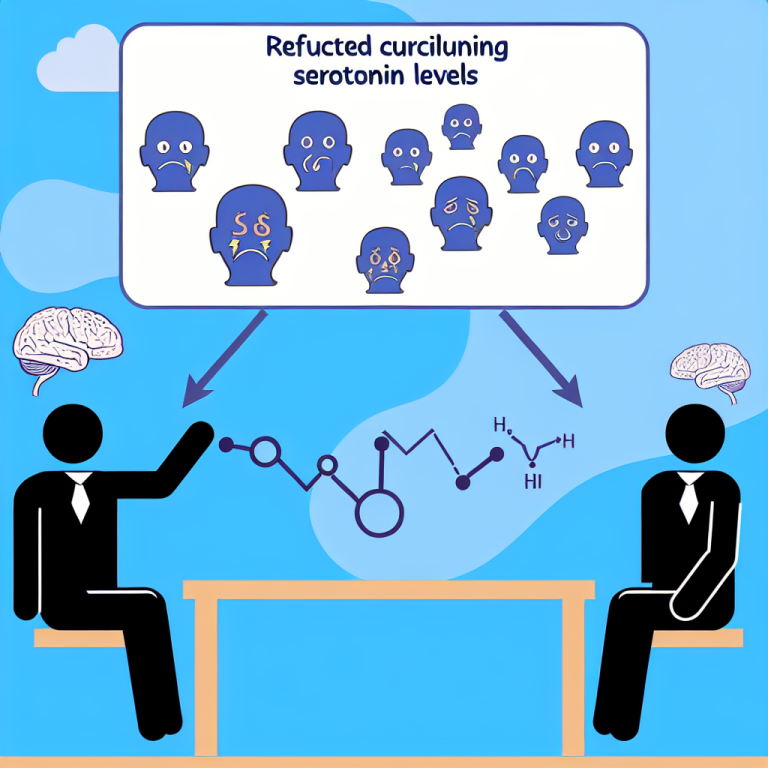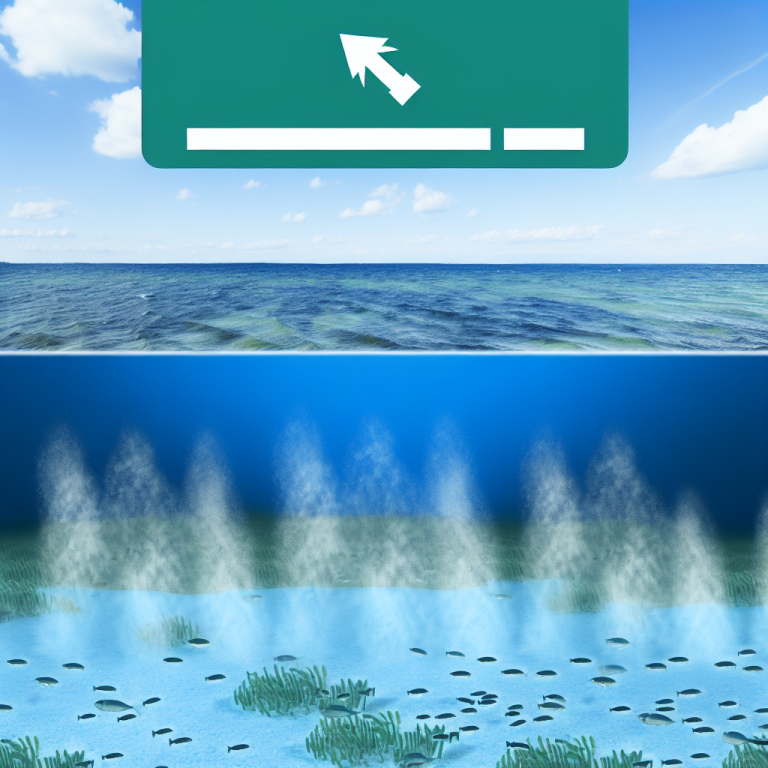As the global health challenge of Long COVID persists, researchers are making significant strides in understanding the underlying mechanisms of post-acute sequelae of viral infection. A recent study has shed light on the role of serotonin reduction in Long COVID, providing a new perspective on the neurocognitive symptoms commonly associated with the condition.
Long COVID, also known as post-acute sequelae of COVID-19 (PASC), affects a subset of individuals who continue to experience debilitating symptoms long after their initial infection with SARS-CoV-2. The pathophysiology of PASC remains poorly understood, and effective treatments have yet to be identified. However, recent research has uncovered a potential link between serotonin depletion and the neurocognitive impairments seen in Long COVID patients.
The study, which involved a combination of human cohort studies, animal models of viral infection, and organoid cultures, found that viral infection and type I interferon-driven inflammation can lead to reduced levels of serotonin in the body. This serotonin reduction is believed to occur through three main mechanisms: diminished absorption of tryptophan, the precursor to serotonin, in the gut; platelet hyperactivation and thrombocytopenia impacting serotonin storage; and increased turnover of serotonin by enzymatic processes.
One of the key consequences of peripheral serotonin deficiency is impaired activity of the vagus nerve, a crucial component of the autonomic nervous system. This impairment is thought to contribute to hippocampal dysfunction and memory loss, which are common neurocognitive symptoms experienced by individuals with Long COVID.
The findings of this study provide a potential explanation for the complex array of symptoms associated with post-viral syndromes like Long COVID. By identifying a mechanistic link between serotonin reduction and neurocognitive impairments, researchers hope to pave the way for targeted therapeutic interventions to improve the quality of life for individuals living with Long COVID.
The study also highlights the interconnected nature of the various hypotheses surrounding the pathophysiology of PASC, including viral persistence, chronic inflammation, hypercoagulability, and autonomic dysfunction. By elucidating how these mechanisms intersect to contribute to serotonin reduction and subsequent neurocognitive symptoms, researchers are opening up new avenues for further research and potential treatment options.
As the world continues to grapple with the ongoing challenges of Long COVID, studies like this one offer hope for a better understanding of the condition and, ultimately, improved outcomes for those living with its debilitating symptoms. The journey to unraveling the complexities of Long COVID is far from over, but each new discovery brings us one step closer to finding effective solutions for those in need.
Source: https://www.cell.com/cell/fulltext/S0092-8674(23)01034-6




